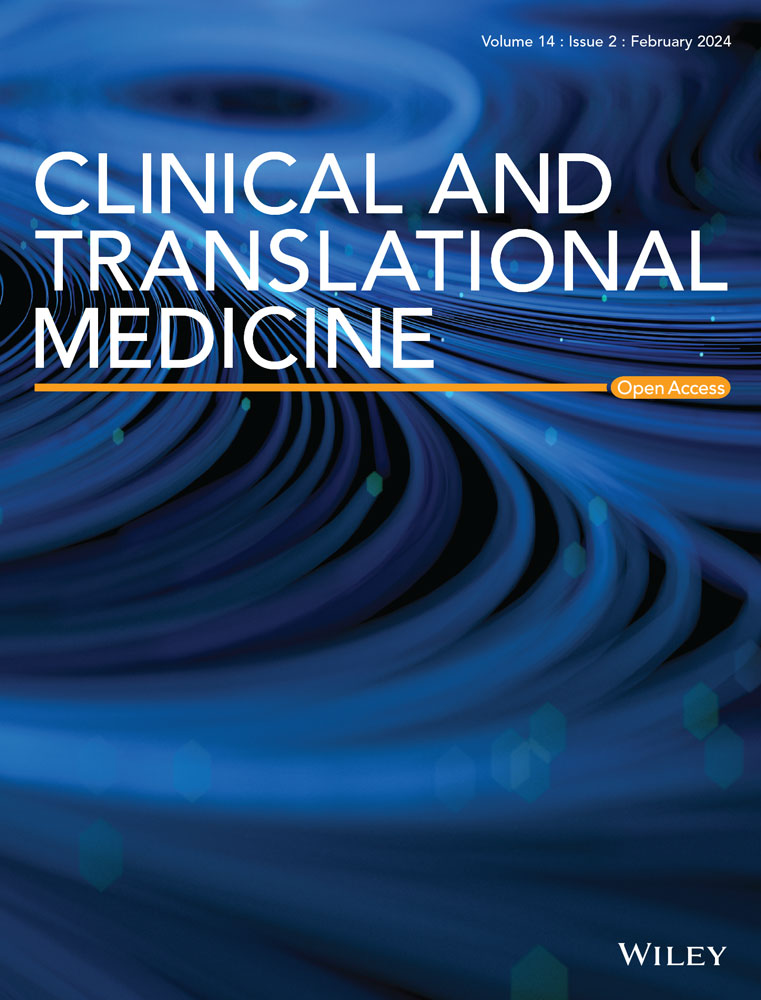Comprehensive transcriptome, miRNA and kinome profiling identifies new treatment options for personalized lung cancer therapy
Abstract
Background
Basic research identified oncogenic driver mutations in lung cancer (LC). However, <10% of patients carry driver mutations. Thus, most patients are not recommended for first-line kinase inhibitor (KI)–based therapies. Through enabling technologies and bioinformatics, we gained deep insight into patient-specific signalling networks which permitted novel KI-based treatment options in LC.
Methods
We performed molecular pathology, transcriptomics and miRNA profiling across 95 well-characterized LC patients. We confirmed results based on cross-linked immunoprecipitation-sequencing data, and used N = 524 adeno- and 497 squamous cell carcinomas as validation sets. We employed the PamGene platform to identify aberrant kinases, validated the results by evaluating independent siRNA and CRISPR-mediated mRNA knockdown studies in human LC cell lines.
Results
Transcriptomics revealed 439, 1240, 383 and 320 significantly upregulated genes, respectively, for adeno-, squamous, neuroendocrine and metastatic cases, and there are 1092, 1477, 609 and 1267 downregulated DEGs. Based on gene enrichment analysis and experimentally validated miRNA–gene interactions, we constructed regulatory networks specific for adeno-, squamous, neuroendocrine and metastatic LC. Molecular profiling discovered 137 significantly upregulated kinases (range 2–26-fold) of which 65 and 72, respectively, are tyrosine and serine-threonine kinases while 6 kinases carry driver mutations. Meanwhile, there are 21 kinases commonly upregulated irrespective of the histological type of LC. Bioinformatics decoded networks in which kinases function as master regulators. Typically, the networks consisted of 14, 9, 16 and 19 highly regulated kinases in adeno-, squamous, neuroendocrine and metastatic LC. Inhibition of kinases which function as master regulators disrupted the signalling networks, and their gene knock-down studies confirmed inhibition of cell proliferation in a panel of human LC cell lines. Additionally, the proposed molecular profiling enables KI-based therapies in patients with acquired drug resistance.
Conclusions
Our study broadens the perspective of KI-based therapies in LC, and we propose a framework to overcome acquired drug resistance.


 求助内容:
求助内容: 应助结果提醒方式:
应助结果提醒方式:


